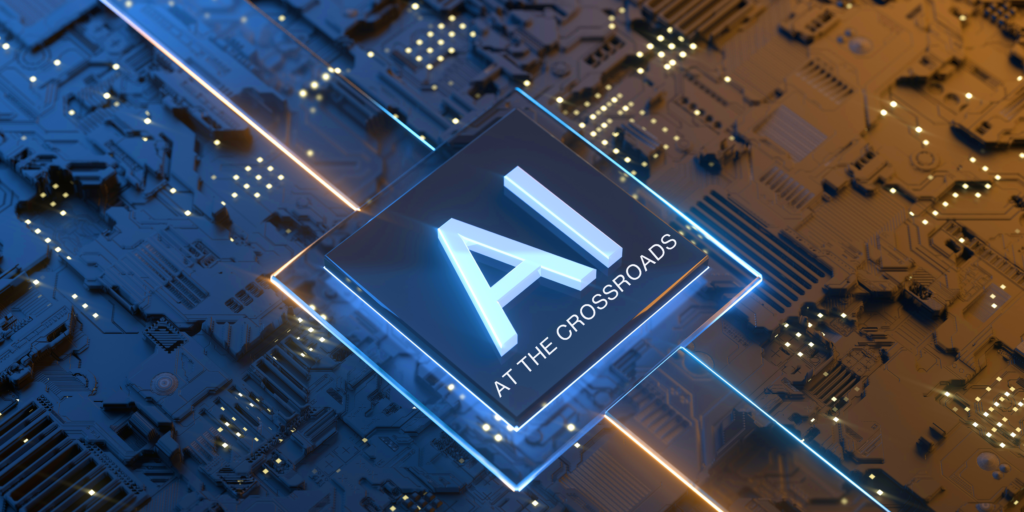

Author: Canaan Bridges Consulting Inc.
Generative artificial intelligence (generative AI) is revolutionizing music content and production. Decent work for music creators in an age of increased reliance on advanced technologies is one of the crucial considerations for the success of the creative economy. Generative AI is already used in several facets of the music industry. These include lyrical and music compositions and artists’ impersonations. A growing number of songs created by generative AI points to this trend. Therefore, it is unsurprising that the amount of generative AI music produced for commercial consumption will increase in the coming years. The fourth industrial revolution is a few years in. With these developments, music practitioners (individuals, agencies and businesses with crucial roles in the music sectors) must reconsider how to earn sufficient income in an increasingly crowded and technology-driven space. The future of work for musicians is a crucial question that will likely need to be addressed, especially in economies where the creative industry is significant to national income figures. The music industry crosses diverse areas of the creative economy, from television, radio productions, films, and video gaming to more macro-focused sectors such as tourism, healthcare, and education.
Musicians and other creators that work in the music industry are enablers of local innovation and economic development. Musicians still need to have voice, identity, and a high financial stake in generative AI music when these expressions use any form of their creations in their training or output. These stakes could also be increased for artists whose creations are reproduced for text, data mining, or reverse engineering. This is because the work may be perceived as not copied but used as data that influences machine learning outputs. Still, many national laws must evolve to recognize when copyright infringement has happened and when musicians’ livelihoods are unfairly threatened.
Some jurisdictions have been active on this issue. In the context of musicians’ rights, the European Union’s draft law on AI regulation aims to balance legitimate uses of generative AI against uses that can jeopardize the rights of copyright owners. For instance, it must be disclosed when protected data is used to train and produce generative AI. This also leads the way for legislation to be developed and implemented to prevent illegal content from being included in non-human-created music. The model is risk-based, in which an assessment of the risks that computer-generated content poses to humans and their interests will need to be balanced and redressed based on such an assessment.
The United Kingdom is another jurisdiction making inroads in regulating AI use. Its pro-innovation white paper was released in March 2023 and takes a sector-specific approach to generative AI creations, their uses and their impact on UK’s economy. Five principles should inform how these technologies will be used: safety, security and robustness; appropriate transparency and explainability; fairness.; accountability and governance, and contestability and redress. While music is not explicitly addressed in the white paper, the policy will tackle how intellectual property content is used in the creative industries. Other countries, including Australia and the United States, are deliberating how to regulate AI (including generative AI). China has developed rules on AI integration with existing and new content, requiring that, among other things, its usage does not damage the reputation or interests of its citizens. Music and the economic interests of musicians are not explicitly pointed out. Still, the rules apply to content that generates sounds and films – the rights of musicians in China could plausibly fall into this category.
Consent is another problem that needs to be addressed, especially when AI uses impact the ability of the musician to exploit their work normally. The ethical use of AI includes giving recognition to musicians when credit is due, creating practical transparency frameworks, and paying royalties when copyright data is used to train and produce generative AI music. Royalties should be commensurate with industry standards on music royalties, but even more so, taking into account a forecast of how generative AI content impacts the ability of musicians to earn a decent living from their talent—future impact matters.